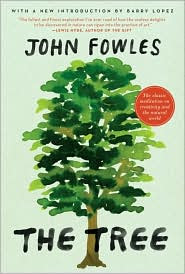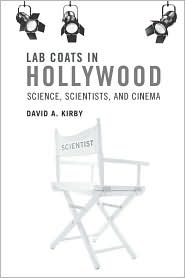 Her entry begins:
Her entry begins:I read the first one hundred pages of Colum McCann’s Let the Great World Spin when it first came out. Brand new book. On loan from the library for two weeks. Great anticipation. I had that feeling on page one that you occasionally are lucky enough to experience … this is going to be amazing. And you let yourself go, you slide into this imagined world and it is so rare and so delicious that you slow down so that you can savor the pleasure. I fell madly, deeply in love with the main character, Corrigan, or at least I thought he was the main character. Until he died unexpectedly on page seventy-two. I turned the page and I was introduced to another group of characters. Wait a minute, I remember thinking, you can’t do this to Corrigan. You can’t do this to me. I felt terribly upset, but read on, thinking, Corrigan will come back. There will be flashbacks, we’ll bury him and grieve him at least. It did not help that the new character introduced on page seventy-three, Mrs. Soderberg, in a penthouse on Park Avenue, was not initially very interesting or compelling. Paralyzed with grief over the loss of her son in Viet Nam, she seemed shallow, neurotic and dithering. I should care, I should sympathize with this woman, but wait – where’s Corrigan in all this? Where’s the thread, the connection, where is he?Among the early praise for Alice Bliss:
I felt betrayed. The author had broken his contract...[read on]
"I put down this book and thought, there is no one like this girl, so fully has Harrington brought a new Alice to life. The great sorrow, of course, is that there are many Alice Blisses out there. The power of Harrington's richly delineated novel lies in putting a girl like Alice before us and asking us to remember how many beautiful, feisty others are staring down the long hall of adulthood with a father or a mother gone to war."Read an excerpt from Alice Bliss, and learn more about the book and author at Laura Harrington's website and blog.
--Sarah Blake, bestselling author of The Postmistress
"Alice is a true heroine: intelligent, passionate, strong-minded. Watching her find her way is an absorbing pleasure."
--Margot Livesey, author of The House on Fortune Street
"This book may be the Our Town of the twenty-first century."
--Anne Roiphe, author of Epilogue: A Memoir
"Meet Alice Bliss, the heroine of Laura Harrington's gorgeous page-turner of a first novel. Like Scout in Harper Lee's To Kill a Mockingbird, Alice is destined to become a household name."
--Charlotte Gordon, author of The Woman Who Named God and Mistress Bradstreet
"Heartbreaking yet edged with promise, Alice Bliss explores the wounds of war, love, and family bonds while illuminating the strength of a young girl's spirit. A stunning debut."
--Beth Hoffman, New York Times bestselling author of Saving CeeCee Honeycutt
Laura Harrington’s award winning plays, musicals, operas, and radio plays have been widely produced across America, in Canada, and Europe in venues ranging from The Zipper Factory in NYC to Houston Grand Opera to the Paris Cinemateque.
Writers Read: Laura Harrington.
--Marshal Zeringue







































